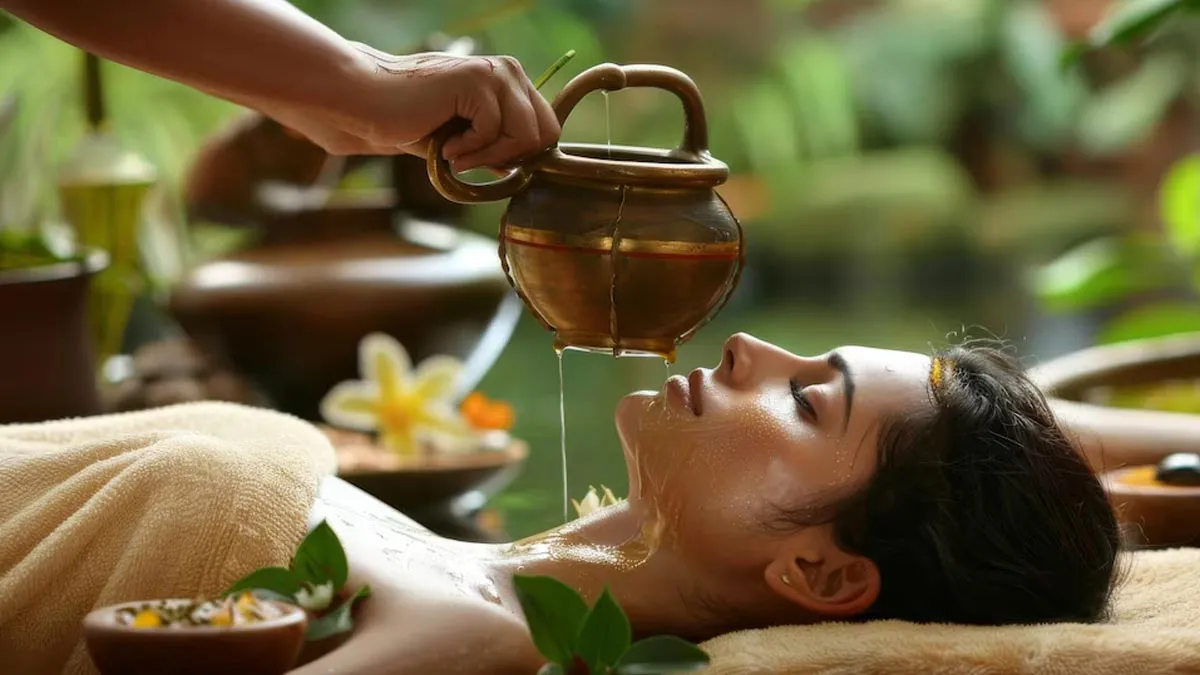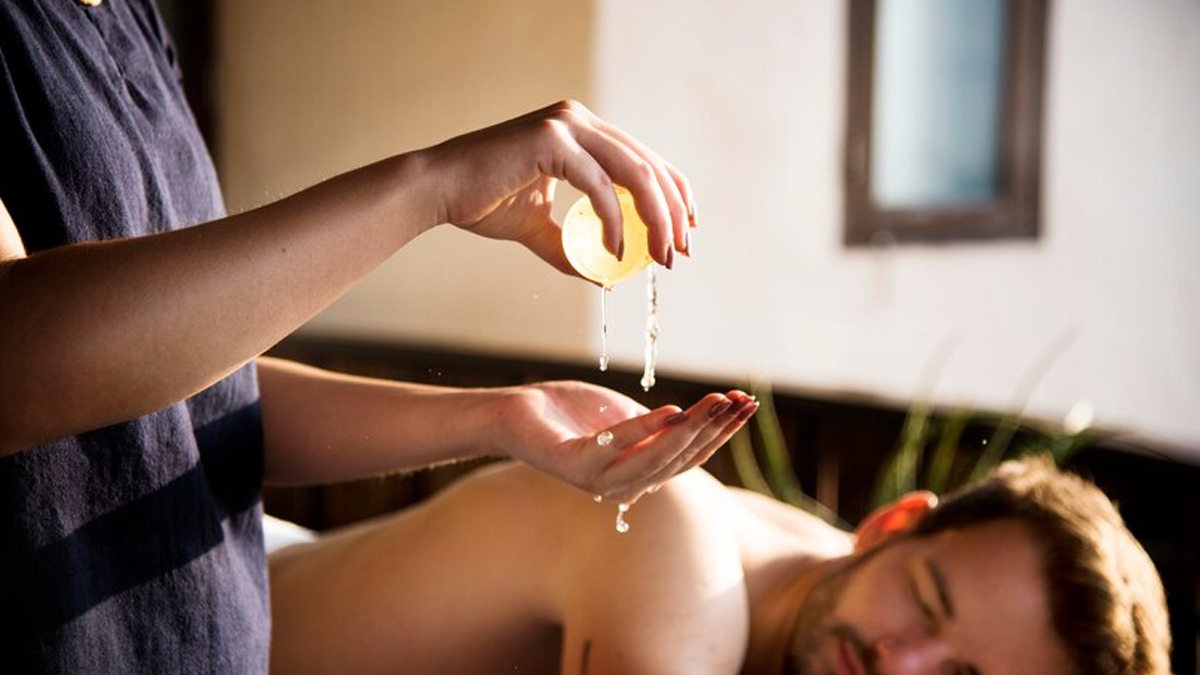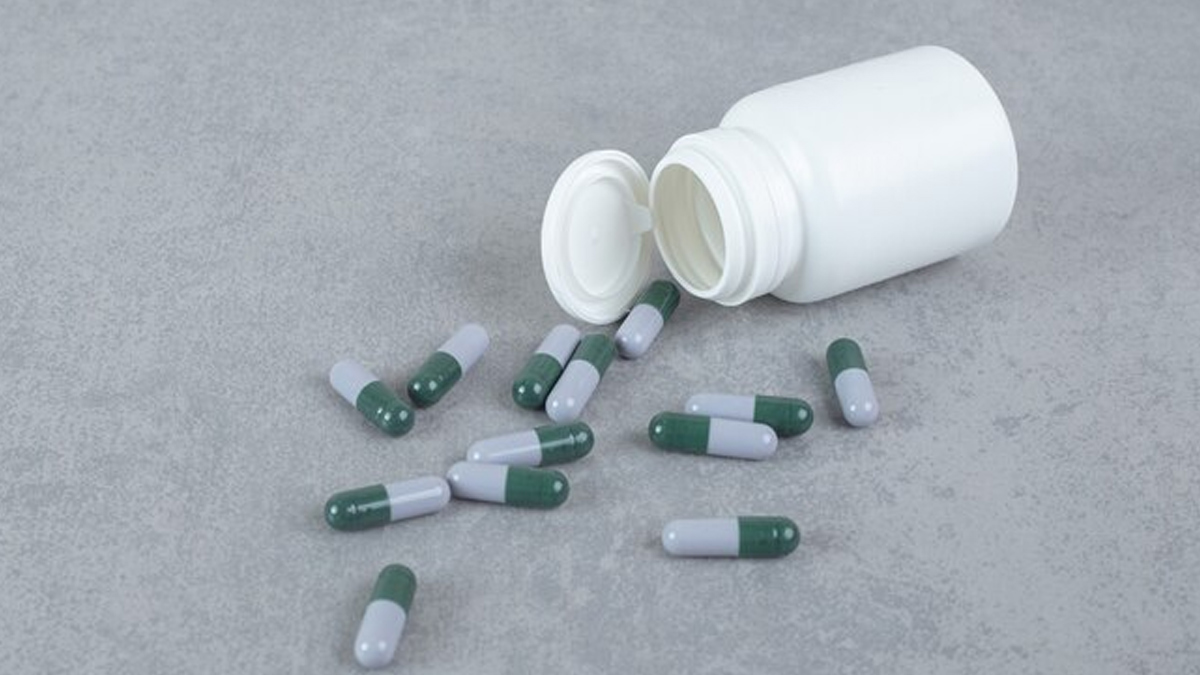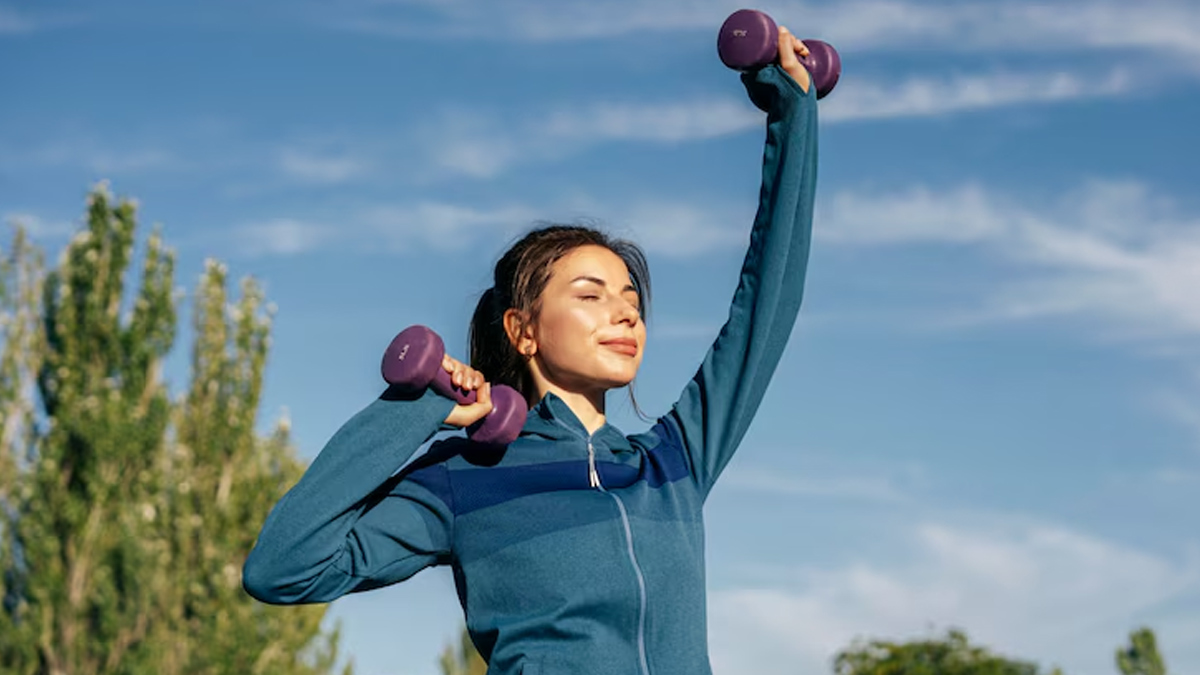
Panchakarma, the ancient Ayurvedic detoxification and rejuvenation therapy, is often misunderstood due to the myths surrounding it. While it is a powerful tool for holistic healing, misconceptions can deter people from experiencing its true benefits. It is important to understand the common myths about Panchakarma and have clarity on when and why you should consider undergoing this treatment.
Table of Content:-
To debunk the myths surrounding Panchakarma, OnlyMyHealth team spoke to Dr Manmohan, Ayurvedic practitioner, The Sacred Lotus Ayurveda and Yoga Retreat, Fort Kochi.
Myths and Realities Surrounding Panchakarma

Myth 1: Panchakarma is just an oil massage that you can take on a weekend
Fact: Many people assume Panchakarma is nothing more than a relaxing oil massage available at any Ayurveda centre. However, according to Dr Manmohan, “Panchakarma is a comprehensive treatment program that typically lasts 14-21 or even 28 days.” It is both preventive and curative, consisting of three crucial phases:
Poorvakarma (Preparatory Phase): This involves internal and external oleation, dietary modifications, and therapies to prepare the body for detoxification.
Panchakarma (Active Detox Phase): The core phase, where deep detoxification happens through therapies like Vamana (therapeutic emesis) and Virechana (purgation).
Paschatkarma (Rejuvenation Phase): Focuses on diet, lifestyle, and herbal support to sustain the benefits of the treatment.
Myth 2: Panchakarma is suitable for everyone in all cases
Fact: Panchakarma is not a one-size-fits-all approach. The therapies included in the programme are highly individualised, considering a person’s body constitution (Prakriti), current imbalances (Vikriti), strength, and comorbidities. "Even if a procedure seems appropriate based on your condition, your Vaidya (physician) may avoid prescribing it if your body lacks the strength to endure it," explains Dr Manmohan.
Also read: World Ayurveda Day 2024: What Is Panchakarma, Ayurveda’s Ancient Detox Therapy?
Myth 3: Panchakarma is only effective during monsoons
Fact: Though the monsoon season is considered favourable for Ayurveda treatments due to high humidity, Panchakarma is beneficial all year round, except during peak summer months. The effectiveness of the therapy depends more on individual health conditions rather than external weather alone.
Myth 4: Panchakarma works the same way in any geographical location
Fact: The success of Panchakarma is influenced by climate. "Panchakarma yields the best results in a tropical climate with significant annual precipitation, as such an environment enhances the therapy’s effectiveness and complements the body’s detoxification process," says Dr Manmohan.
Myth 5: You must stop taking all medications during Panchakarma

Fact: It is a common misconception that one must discontinue all ongoing medications. "You can continue taking your prescribed oral medicines during Panchakarma unless specifically advised otherwise by your Vaidya," says Dr Manmohan. Only in cases where certain medicines interfere with detoxification, your physician may recommend adjustments.
Myth 6: Panchakarma provides instant and permanent results
Fact: Panchakarma is not a quick fix for health issues. While it removes deep-seated toxins and restores balance, sustaining its benefits requires long-term lifestyle and dietary modifications. "Panchakarma is not a standalone solution. It involves learning from your Vaidya about necessary lifestyle and dietary changes tailored to your body constitution," explains Dr Manmohan.
Myth 7: One Panchakarma session in a lifetime is enough for lifelong health
Fact: The stresses of modern life, physical, emotional, and environmental, continuously accumulate toxins in the body. "Undergo Panchakarma whenever you experience persistent discomforts to maintain a healthy disposition," advises Dr Manmohan. Periodic cleansing supports ongoing well-being and prevents diseases.
Also read: Warning Signs Indicating That Your Body Is Not Clean Within, Tips for Internal Cleansing
Myth 8: You can engage in any form of physical activity during Panchakarma

Fact: Physical exertion needs to be regulated during this intensive therapy. "Your Vaidya will advise you on the nature and extent of physical activities suitable during Panchakarma. Therapeutic Hatha Yoga, practiced under expert guidance, is the only recommended form of physical activity during the treatment phases," says Dr Manmohan. Engaging in heavy exercise may hinder the body's detoxification process.
When Should You Opt for Panchakarma?
Panchakarma is ideal for those looking to detoxify their body, manage chronic conditions, and enhance overall well-being. You should consider undergoing this therapy if you experience:
- Persistent fatigue and lethargy
- Digestive issues such as bloating, constipation, or indigestion
- Chronic stress and anxiety affecting your mental and physical health
- Joint and muscle pain due to toxin accumulation
- Skin disorders such as acne, eczema, or psoriasis
- Metabolic disorders such as obesity or sluggish metabolism
- Seasonal transitions where the body requires a reset
However, the right time for Panchakarma varies for each individual. Consulting a qualified Ayurvedic practitioner is essential to determine the appropriate timing, therapies, and duration suited to your health needs.
Conclusion
Panchakarma is much more than a spa-like retreat, it is a scientific and personalised detoxification therapy designed to restore balance in the body and mind. Understanding the myths surrounding Panchakarma can help you make an informed decision about when and why you should consider undergoing this treatment. Dr Manmohan concludes, "Panchakarma, when done correctly, is a transformative journey towards holistic well-being, but it must be undertaken with the right knowledge and under expert guidance."
Also watch this video
How we keep this article up to date:
We work with experts and keep a close eye on the latest in health and wellness. Whenever there is a new research or helpful information, we update our articles with accurate and useful advice.
Current Version